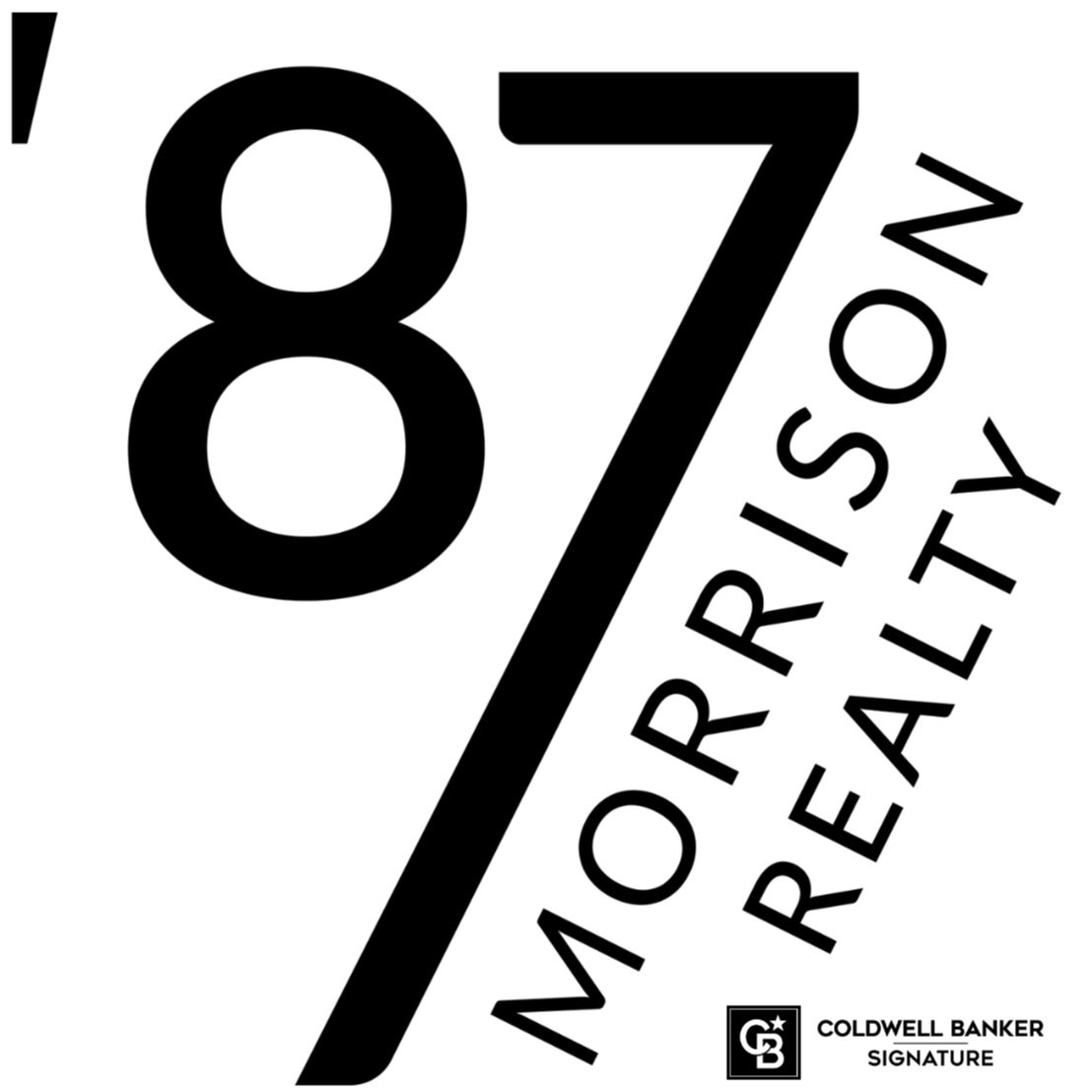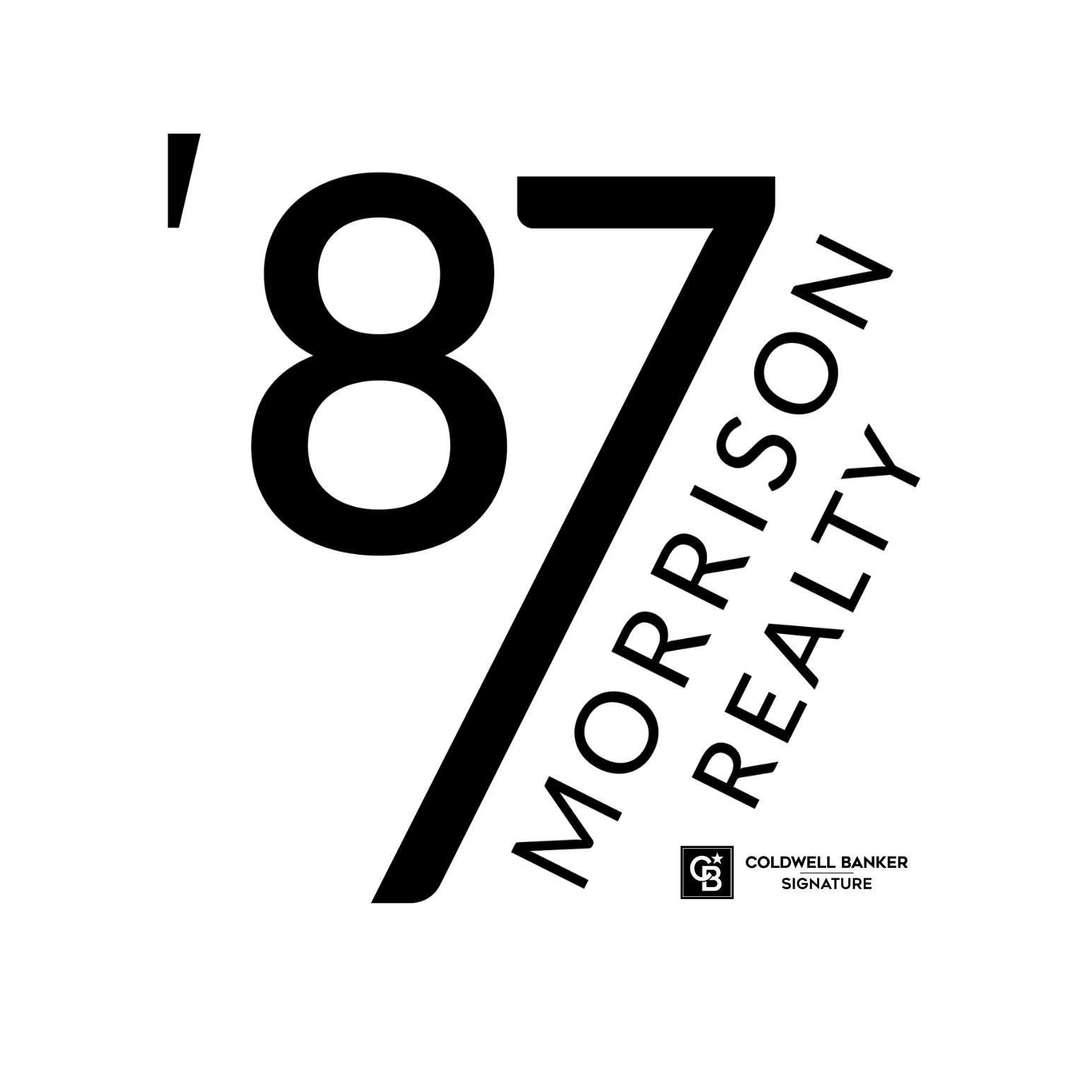Stay in the know
Elevate Your Interior
In the exhilarating journey of preparing your home for the real estate market, the pivotal first step was to declutter, creating a canvas of simplicity and space. Now, as we venture into the second part of this transformative series, the focus shifts to enhancing the interior of your home. Elevating your living spaces not only increases its market appeal but also allows potential buyers to envision the lifestyle your home offers. Let's dive into practical and creative ways to make your home a standout gem in the competitive real estate market:
The Art of Decluttering
In a world often saturated with possessions and the hustle of daily life, the art of decluttering emerges as a transformative practice especially when getting your home ready for sale. This is the first of 3 steps that we will be diving into this month in order to get your home market ready. Beyond the mere act of tidying up, decluttering is a deliberate choice to curate our surroundings, creating a harmonious and balanced living space. In this article, we dive into the art of decluttering - it’s profound impact on our homes, minds, and overall well-being:
Secondary Suite Incentive (SSI)
Saskatchewan Launches Innovative Grant to Boost Housing Options and Affordability
The Underused Housing Tax (Revised)
UHT is primarily a tax targeting vacant or underused properties not owned by Canadian citizens or permanent residents. However, many Canadian entities, including individuals, corporations, partnerships, and trustees with ownership of residential real estate, must also consider this tax. Beginning in 2022, if you manage properties within Canada, you must determine whether a UHT return is required. The tax is calculated at 1% of the residential property's value, considering the higher of its last sale price or property tax assessment value.
Just because you file a UHT return doesn't mean you'll necessarily owe more tax. Many exemptions and scenarios result in zero balances upon filing.
The Underused Housing Tax
UHT is primarily a tax targeting vacant or underused properties not owned by Canadian citizens or permanent residents. However, many Canadian entities, including individuals, corporations, partnerships, and trustees with ownership of residential real estate, must also consider this tax. Beginning in 2022, if you manage properties within Canada, you must determine whether a UHT return is required. The tax is calculated at 1% of the residential property's value, considering the higher of its last sale price or property tax assessment value.
Just because you file a UHT return doesn't mean you'll necessarily owe more tax. Many exemptions and scenarios result in zero balances upon filing.
Let’s work together










